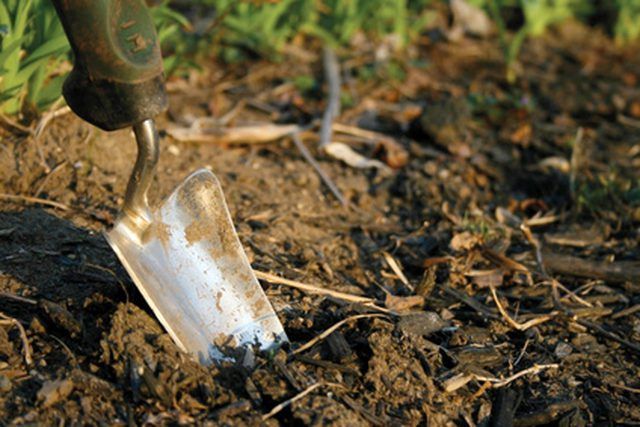Bulbs
Flower Basics
Flower Beds & Specialty Gardens
Flower Garden
Garden Furniture
Garden Gnomes
Garden Seeds
Garden Sheds
Garden Statues
Garden Tools & Supplies
Gardening Basics
Green & Organic
Groundcovers & Vines
Growing Annuals
Growing Basil
Growing Beans
Growing Berries
Growing Blueberries
Growing Cactus
Growing Corn
Growing Cotton
Growing Edibles
Growing Flowers
Growing Garlic
Growing Grapes
Growing Grass
Growing Herbs
Growing Jasmine
Growing Mint
Growing Mushrooms
Orchids
Growing Peanuts
Growing Perennials
Growing Plants
Growing Rosemary
Growing Roses
Growing Strawberries
Growing Sunflowers
Growing Thyme
Growing Tomatoes
Growing Tulips
Growing Vegetables
Herb Basics
Herb Garden
Indoor Growing
Landscaping Basics
Landscaping Patios
Landscaping Plants
Landscaping Shrubs
Landscaping Trees
Landscaping Walks & Pathways
Lawn Basics
Lawn Maintenance
Lawn Mowers
Lawn Ornaments
Lawn Planting
Lawn Tools
Outdoor Growing
Overall Landscape Planning
Pests, Weeds & Problems
Plant Basics
Rock Garden
Rose Garden
Shrubs
Soil
Specialty Gardens
Trees
Vegetable Garden
Yard Maintenance
Allergies to Mulch
Allergies to Mulch. In landscaping, mulches can inhibit weed growth, improve soil structure and enhance the appearance of your home and lawn. Mulch can also cause problems, including triggering allergies in 5 to 10 percent of the population.

In landscaping, mulches can inhibit weed growth, improve soil structure and enhance the appearance of your home and lawn. Mulch can also cause problems, including triggering allergies in 5 to 10 percent of the population.
Mulch
Mulch can consist of tree bark, grass clippings, wood chips, peat moss and other organic products. When these organic compounds are exposed to heat, it can encourage the growth of spore-releasing fungi. It is these fungi that cause allergic reactions to mulch.
Symptoms
A person with allergies to mulch can experience nasal congestion and sneezing and eyes that water and itch. If you are allergic to mulch, your lungs could also fill in a reaction that can feel much like an asthma attack, according to Ohio State University.
Treatment
Treatment for allergies to mulch begins with avoiding the mold spores that cause the issue. This means wearing a pollen mask when working with mulch in your yard or avoiding contact with it all together. Medications like antihistamines can provide relief for allergy symptoms, according to the Cleveland Clinic. In severe cases, a person could require hospitalization.